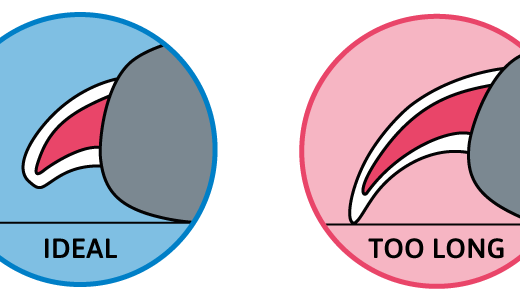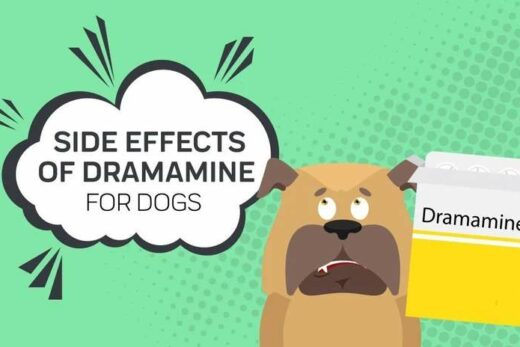As daunting as a nasal cancer diagnosis sounds, nasal cavity tumors are quite common in dogs. Cancer of the nose is less common in people, especially in comparison to dogs.
There aren’t many risk factors when it comes to nasal cancer in dogs either. However, the one risk factor that pet owners should be aware of is long noses. There is also a correlation between nasal tumors and geriatric dogs.
Although not many risk factors are known, it’s important to keep an eye out for any symptoms of nasal cancer in dogs, even in dogs that don’t have long noses. Speaking of nasal cancer symptoms, let’s take a look at the many different signs that might indicate your dog has nasal cancer.
What Are the Symptoms of Nasal Cancer in Dogs?
When you adopt a puppy and bring home the newest canine companion of your family, the dream is to raise your new friend in the healthiest and happiest ways. Unfortunately, there are certain conditions that dogs can come down with that threaten their overall being.
One of these unfortunate interruptions of health is canine nasal cancer, otherwise known as cancer in the cavity of the dog’s nose. We hope that you never find yourself asking the question, “Does my dog have nasal cancer?” But if cancer of this kind is the diagnosis, don’t lose all hope.
Professionals are well equipped to handle cases of canine nasal cancer, and this is an important question to ask yourself because the best thing to do is be as proactive as possible. In order to be proactive about nasal cancer, you’ll need to know what to look out for!
Some of the most prominent symptoms of nasal cancer include…
- Continuous nasal discharge
- Constantly sneezing
- Difficulty breathing when asleep
- Snoring more often and louder than usual
- Blood coming from the nose
- Facial irritation and obvious discomfort
- Changes in facial appearance
- Facial deformity
- Neurological issues such as seizures
- Nosebleeds that persist
- Misshapen nose and/or bulging eyeballs
- Itching or scratching their face
- Hard time catching their breath
- Frequent shortness of breath
One of the most telling signs of cancer in the nose of dogs is nasal discharge. At first, the nasal discharge might look like nothing more than a runny nose that goes away eventually, so you might not think anything of it at first. However, make a mental note to pay close attention to the nasal discharge.
If you notice one or more of these side effects, reach out to your dog’s primary veterinarian as soon as possible, and explain the symptoms that you’re seeing. The longer these side effects of nasal cancer are allowed to persist without intervention, the more dangerous the situation will become for your dog.
It’s important to note that none of these examples are a definite sign that your dog has nasal cancer, so keep that in mind if you notice that your dog is exhibiting these symptoms. They could be caused by something non-fatal or life-threatening, so try to stay calm and schedule an appointment with the vet. You’ll feel a lot better once the professionals have a look at the situation!
Nasal Cancer Tumor Types
Nasal cancer is often referred to more specifically as nasal cancer due to the exact location of the cancerous tumors that grow in the nose. Most often, the type of cancer that grows in the nasal cavity is either a sarcoma or a carcinoma. Let’s take a closer look at the few distinct differences between these two tumor types.





